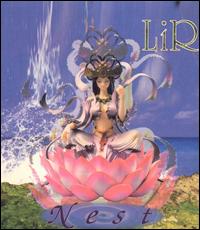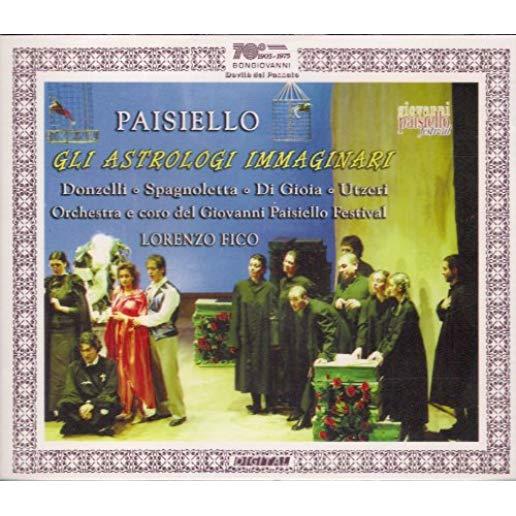
description
ucial years of Muslim history. She was raised by her father during the era in which his early community of followers faced persistent persecution before migration. Fatima would marry the champion of the Muslims, Ali ibn Abi Talib, at the peak of Islam's rise during the Prophet's lifetime. From that marriage would come the Prophet's descendants - Hasan and Husayn - a lineage that has survived to the present day. This historical narrative is written with the hopes of captivating the reader to learn about Lady Fatima's life and the attributes of her legendary personality. She was giving, selfless, and far beyond her years. She was the "Mother of her Father." How a small girl could care for her father, physically tending to his wounds and emotionally cradling him in her little arms - while he was the greatest man to walk God's earth - is fathomable only because she was... Fatima. Fatima witnessed her father's death that inevitably came with a new era of power in the newly founded Muslim nation - the Caliphate. After an attack on her own home in the Caliphate's struggle to quell any opposition to its new reign, Fatima would die only a few short months after her father the Prophet. Death tells us a lot about life. Wisdom dictates that we do not ignore it. Tales of death should not be swept under the rug, especially the deaths of history's most notable figures. Lady Fatima is indeed on top of that list. Regardless of what the reader does with this story after reading it, at the very least, reflect on it. Embrace Fatima - the Flower of Life - and allow her the chance to open your eyes to the universe with-in you. Let her story be your guide as you journey toward the Heavens.
member goods
No member items were found under this heading.
Return Policy
All sales are final
Shipping
No special shipping considerations available.
Shipping fees determined at checkout.







